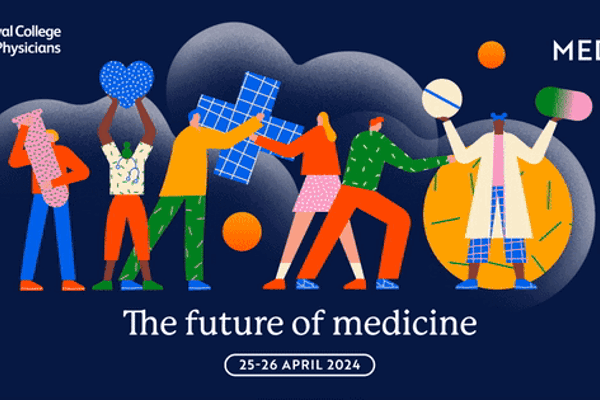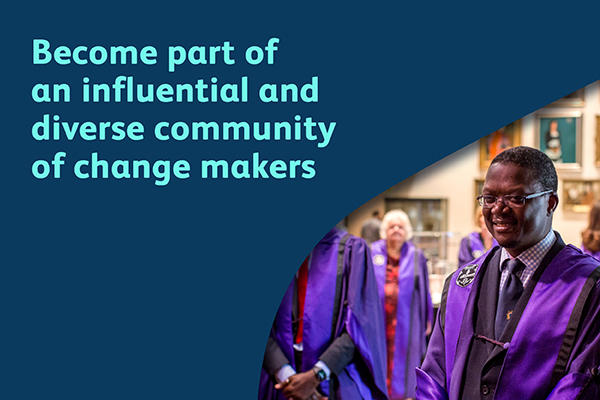In March 2020, Dr Kate Edwards, a former RCP chief registrar, found herself in the eye of the COVID-19 storm. As the RCP publishes its updated manifesto calls ahead of the 2021 Senedd election in Wales, she reflects on how she and colleagues rose to the challenge during the pandemic.
Information about COVID-19 moved so quickly at the beginning. This newly unpredictable working environment meant that we needed a clear, accessible, and rapid way to get up-to-date information out to as many healthcare professionals as possible. We established a WhatsApp group in which only group admins could publish information, which allowed us to post a daily COVID-19 update and quick reference guide. A similar group was also set up in the neighbouring hospital, and both sites communicated regularly to ensure continuity across the health board.
Another key challenge we faced was the sudden halt in medical training and junior doctor rotations. The change in focus from specialty training to emergency care was clearly needed but risked leaving some trainees underprepared for the challenging transition from internal medicine trainee to medical registrar later in their career. The real danger was that this might deter some trainees from taking up higher specialty roles.
The ‘Call the medical reg’ course was initially developed in Wales; it has become very successful over the years. This year, we collaborated with Health Education and Improvement Wales to run the course on a virtual platform. This opened the course to more delegates from a wider geographical spread and allowed some speakers to pre-record talks. Smaller break-out sessions added variety and encouraged networking. We showed that high-quality learning can be achieved using a virtual platform, and we hope to develop and expand the course online in the future.
In setting up the daily COVID-19 update WhatsApp group, we realised this was also an opportunity to share wellbeing strategies. Healthcare professionals are at increased risk of moral injury and mental health struggles, especially during a pandemic. In addition to general wellbeing resources, our in-house clinical psychology team offered both individual and group sessions either face-to-face or via telephone for all staff members.
There was also a focus on the welfare of junior doctors: this included help with arranging flights when relatives were unwell overseas; sensitively altering on-call shift patterns when needed; providing scrubs and toiletries; and delivering shopping and checking-in on colleagues who were self-isolating. We recognised that the foundation doctor cohort were particularly vulnerable during the national lockdown period, given the majority were resident on the hospital grounds. Better communication made staff feel more informed and valued, and improved team morale. Our research found that the proportion of healthcare professionals needing extra support for mental health and wellbeing increased from 40% in May 2020 to 62% in September 2020. Seventy-three per cent told us they would consider clinical psychology sessions or other similar resources in the future.
In retrospect, it left us asking whether it should just be during a pandemic that we are this mindful of our wellbeing, or should this be the baseline standard? After the pandemic, NHS staff will need mental health support to move forward from a devastating year.
Dr Kate Edwards, Dr Melanie Nana and Dr Madhu Kannan won second prize for this work in the 2020 Wales poster competition awards, a collaboration between the RCP, the Society of Physicians in Wales and Heath Education and Improvement Wales. For more information on the 2021 competition, please email Wales@rcplondon.ac.uk.




